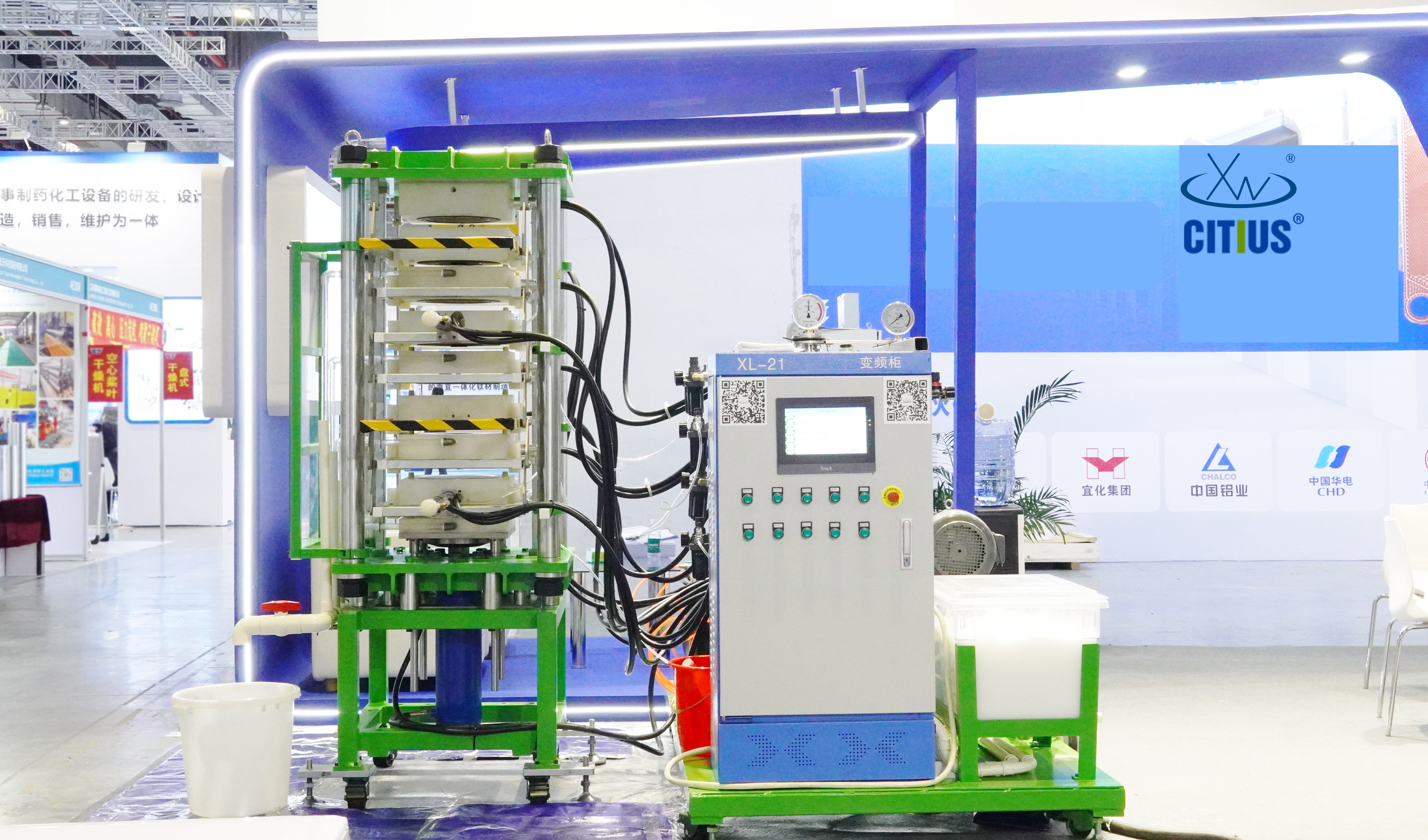The Unsung Hero: Filter Cloth for the Mining Industry
Release time:
2025-07-02
Introduction: The Backbone of Mining
When you think of the mining industry, what comes to mind? Heavy machinery, rugged terrains, and the relentless pursuit of precious minerals? Sure, those are all part of the equation. However, there's an unsung hero that often goes unnoticed: Filter Cloth for the Mining Industry. This essential component quietly supports the complex processes that keep mining operations running smoothly.
What is Filter Cloth?
In simple terms, filter cloth is a specialized fabric designed to separate liquids from solids. Think of it as a net that captures unwanted particles while allowing clean water or other fluids to flow through. It's made from various materials, including polyester, polypropylene, and nylon, depending on the specific requirements of the operation.
Why Filter Cloth Matters in Mining
Mining generates a hefty amount of waste, and managing that waste is crucial for both environmental and operational efficiency. This is where filter cloth enters the scene, acting as a filtration system that helps in:
- Sustainability: By efficiently filtering out contaminants, filter cloth helps mining companies adhere to environmental regulations, minimizing their ecological footprint.
- Cost-Effectiveness: Efficient filtration reduces the need for expensive water treatment processes, saving companies money in the long run.
- Safety: Clean water is essential for the health and safety of workers. Filter cloth ensures that water used in mining operations is free from harmful substances.
Types of Filter Cloth Used in Mining
Let’s dive into the different types of filter cloth that are making waves in the mining industry:
1. Woven Filter Cloth
Woven filter cloth is known for its durability and high tensile strength. It's excellent for applications requiring robust filtration, making it a go-to choice for many mining operations.
2. Non-Woven Filter Cloth
This type is often favored for its superior liquid flow rates. Non-woven filter cloth is perfect for quick and effective filtration, especially in processes where time is of the essence.
3. Specialty Filter Cloth
Sometimes, mining operations have unique challenges that require customized solutions. Specialty filter cloths are designed to meet specific requirements, such as high-temperature resistance or chemical compatibility.
The Process: How Does It Work?
Alright, let’s break it down! The filtration process generally involves:
- Pre-Treatment: Before filtration, the slurry is often pre-treated to remove larger particles.
- Filtration: The slurry is then passed through the filter cloth, where fine particles are trapped, and clear liquid is collected.
- Post-Treatment: After filtration, the remaining sludge can be further processed or disposed of, depending on regulations.
Challenges Faced
While filter cloth has a lot going for it, it’s not without its challenges:
- Clogging: Over time, filter cloth can become clogged with debris, reducing its efficiency.
- Maintenance: Regular cleaning and replacement are critical to ensure optimal performance, which can add to operational costs.
Conclusion: The Future of Mining with Filter Cloth
As the mining industry continues to evolve, the role of Filter Cloth for the Mining Industry will undoubtedly become even more significant. With ongoing advancements in materials and technology, we can expect these filtration systems to become more efficient, cost-effective, and environmentally friendly. So, the next time you think of mining, remember the invaluable role that filter cloth plays in this intricate and multifaceted industry!
Previous article:

